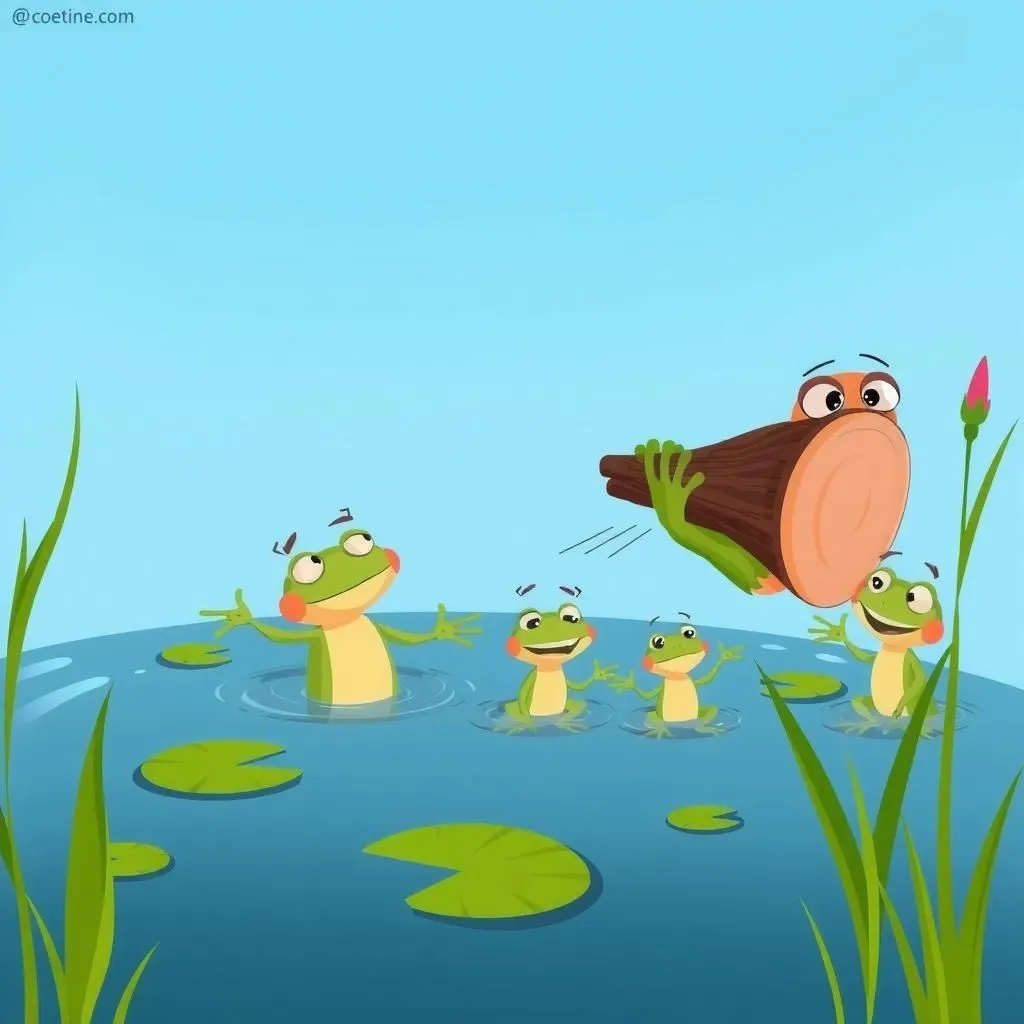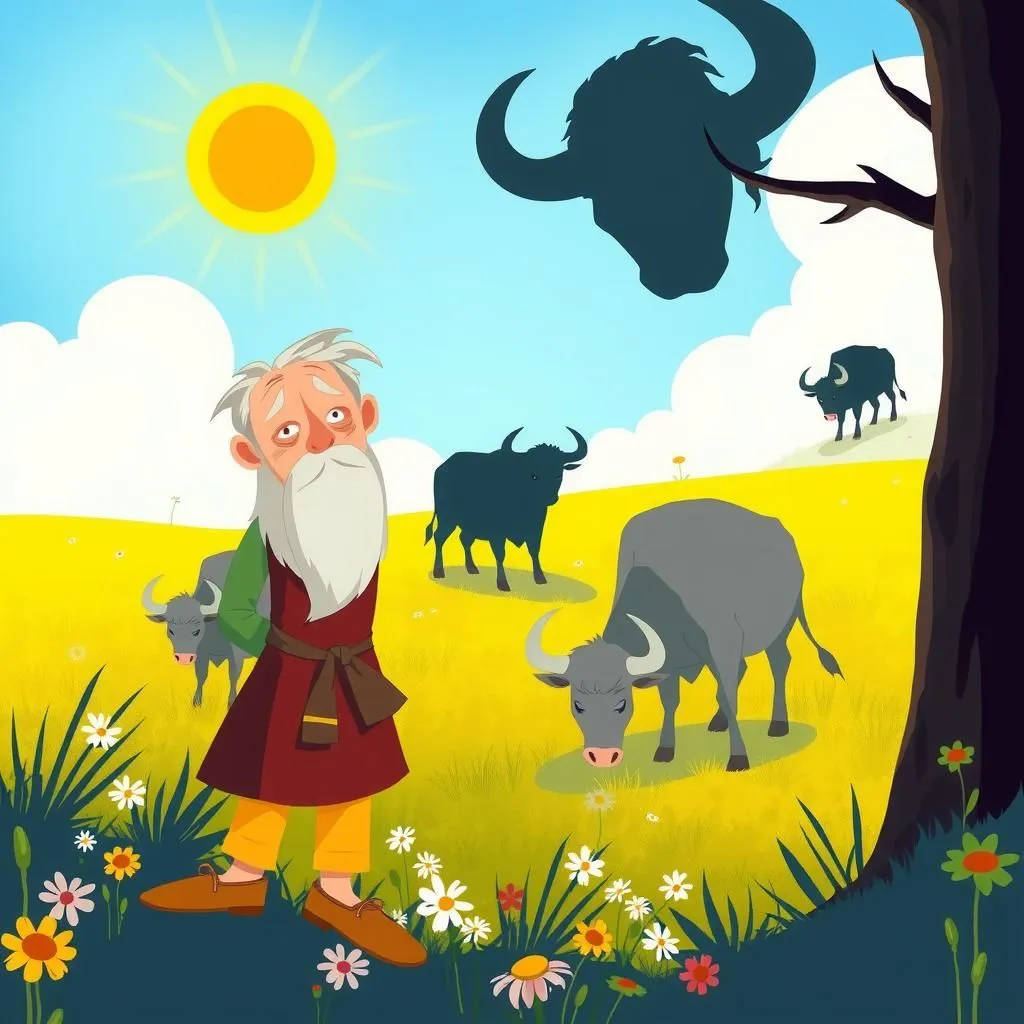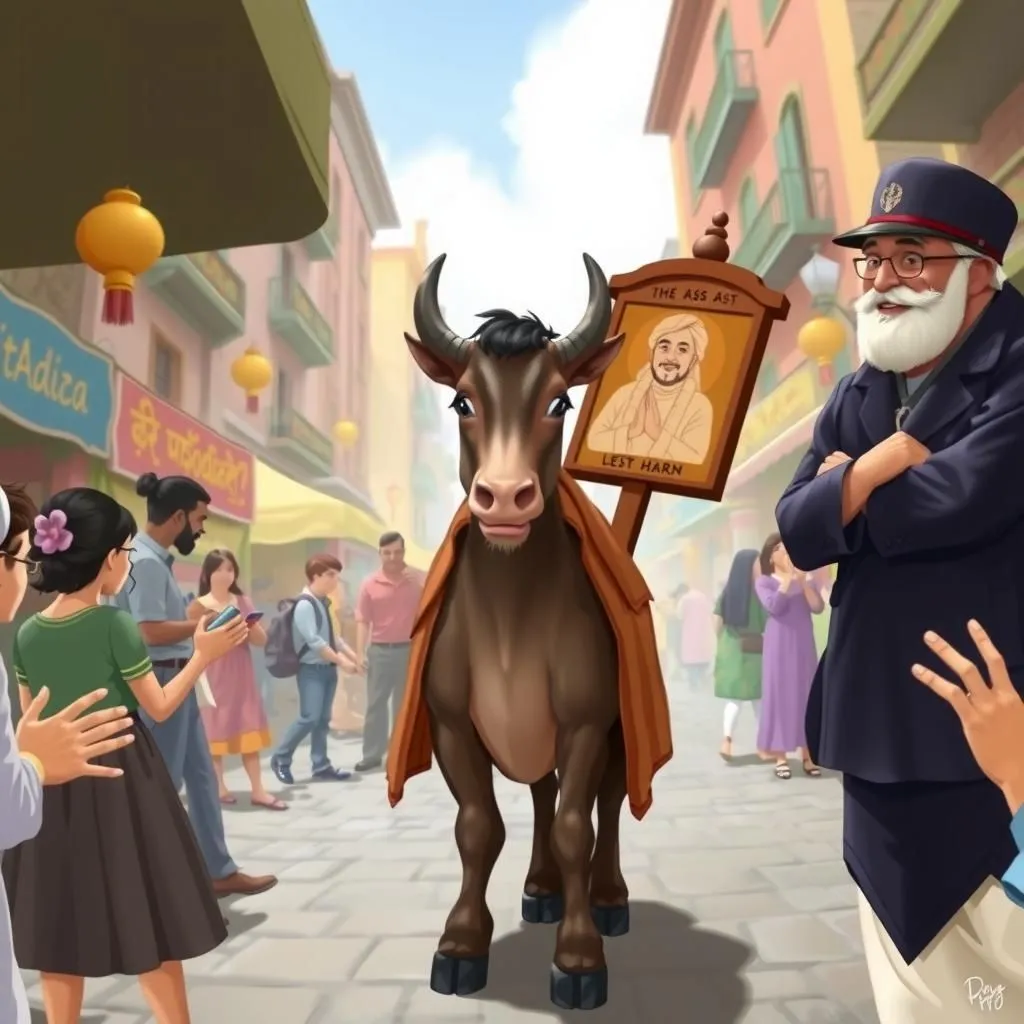
The Lion Jupiter and the Elephant
In this classic moral story, a Lion laments to Jupiter about his fear of a cock, wishing for death due to his perceived cowardice. However, after conversing with an Elephant who is terrified of a tiny gnat, the Lion realizes that even the mightiest creatures have their fears, leading him to accept his vulnerabilities and find peace in his own strength. This impactful tale serves as a reminder that everyone has their struggles, making it one of the meaningful stories with moral lessons.


